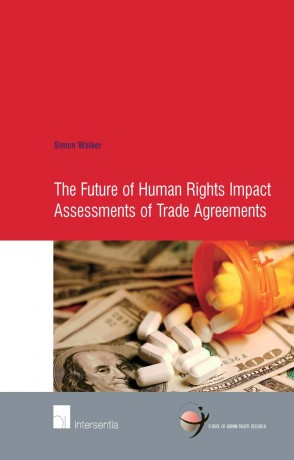
In an age of globalization, free trade should be synonymous with prosperity for all. Yet too often small farmers, indigenous peoples, people with HIV and others are left out of the picture. The Future of Human Rights Impact Assessments of Trade Agreements proposes a new way to make free trade work for all people. It examines how trade pacts can benefit people but can also threaten their basic human rights – to access food, medicines and education or to protect their cultural heritage – and develops a step-by-step process to identify the human impacts of trade before trade pacts are finalized. A case study examines the impact of a US-Central American trade agreement on access to medicines in Costa Rica to demonstrate how the step-by-step process works in practice. The process works, but more efforts are needed to make sure such assessments of trade policies become standard practice. Human rights NGOs and academics but also governments should lead the way in the future. The Future of Human Rights Impact Assessments of Trade Agreements is important for all people who believe that globalization can do more, not just for corporations and the economy, but for everyone, even the poorest.